Physical Abuse
Physical abuse is any way of causing deliberate physical harm to a child, including hitting, slapping, punching, shaking, throwing, kicking, poisoning, burning or scalding, biting, scratching, breaking bones, drowning, or suffocating.
Physical abuse also includes making up the symptoms of an illness or deliberately causing a child to become unwell, which can happen by giving the child unnecessary medication. This is known as fabricated or induced illness (FII)
Shaking or hitting babies is a form of physical abuse which can cause abusive head trauma (AHT) and non-accidental injuries (NAI).
Effects of Physical Abuse
Physical abuse can have long-lasting effects on a child.
Many parents shake their baby as an impulsive reaction to crying, and many don’t understand the consequences of head shaking. If a baby or infant is shaken or thrown they may suffer abusive head trauma (AHT), also known as shaken baby syndrome, resulting in injuries to the head or brain, eyes, and some other areas, which can lead to long-term disabilities, learning problems, seizures, sight issues or blindness, speech problems, behavioural issues, brain damage or death.
Other consequences of physical abuse on children of all ages include:
- Poor mental health, including anxiety and depression
- Poor self-esteem
- Eating disorders
- Self-harm and attempts at suicide
- Behaviour issues
- Criminal behaviour
- Drug and alcohol problems
- Issues at school
- Trouble eating and/or sleeping properly
- Risky sexual behaviour
- Difficulties forming relationship in the long term
Find out how to spot the signs of physical abuse here.
If you are concerned about a child, please contact Front Door For Families on 01273 290400, FrontDoorForFamilies@brighton-hove.gov.uk, or use their Online Referral Form.

 If a child is in immediate danger,
If a child is in immediate danger,